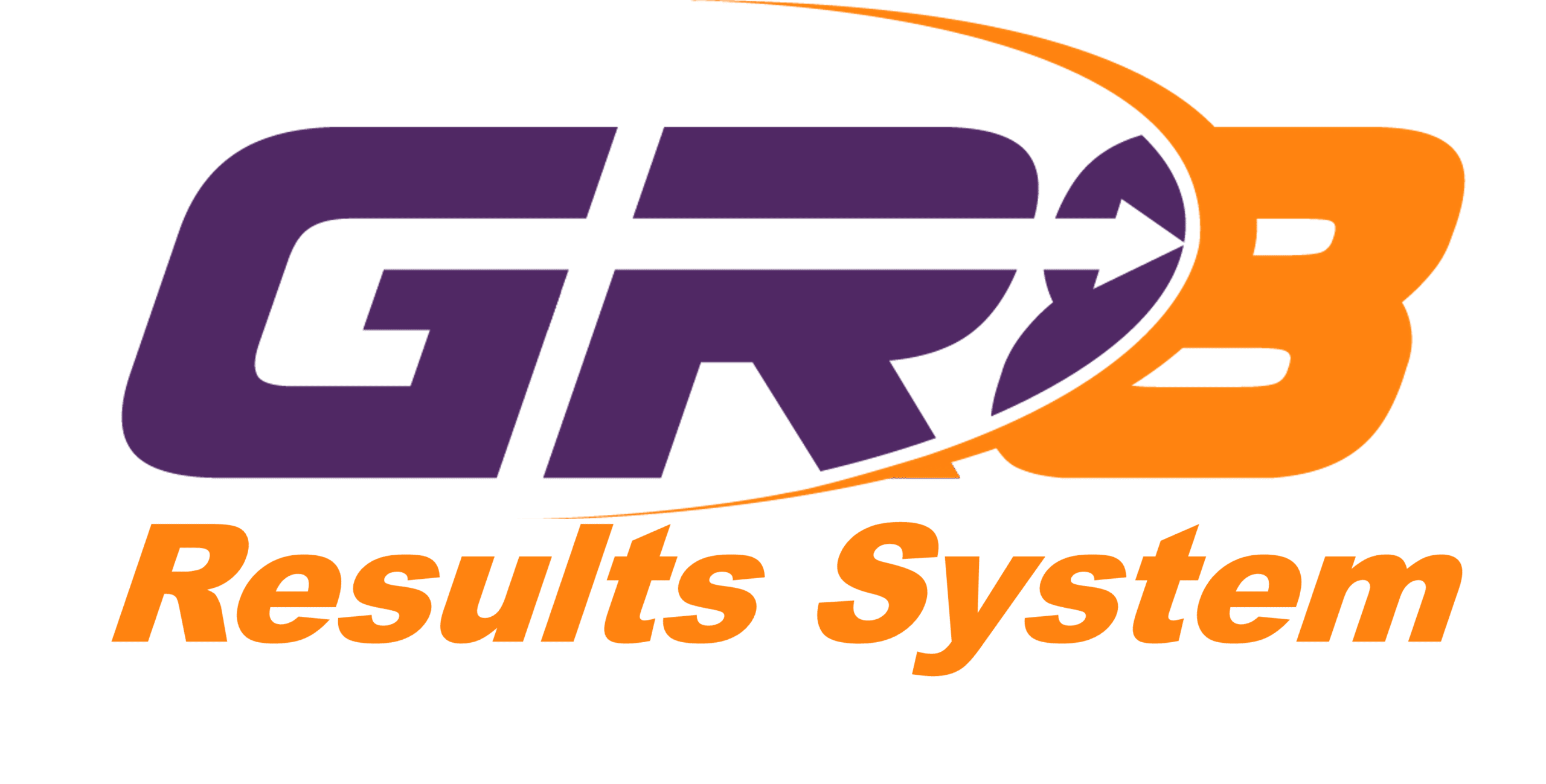Strategic thinking is essential in every context. Whether you're a sole proprietor, manage a business with 50 employees, or lead a multi-billion dollar corporation, strategic thinking is necessary at every level.
Every business faces complex challenges, tough problems, and difficult decisions. Often, you won’t have access to all the information needed to make the optimal choice, and you may not fully grasp the entire system. Despite these limitations, decisions still need to be made, and action is required.
This is why mastering strategic thinking is so important.

Strategic Thinking
Strategic thinking involves evaluating opportunities and challenges from a broad perspective. It also includes considering the potential impact your actions may have on others. Anytime you focus on the potential outcomes for the entire business, you’re engaging in strategic thinking.
When you think strategically, you...
- Look beyond daily tasks and consider the larger environment.
- Ask insightful questions and challenge assumptions about how things operate.
- Gather complex, and sometimes unclear, data and interpret it effectively.
- Use these insights to make informed decisions and choose the best course of action.
Moreover, strategic thinking helps you...
- Prioritize the critical elements that contribute to success.
- Assess the business landscape at both the corporate and individual unit levels.
- Collect and analyze relevant information.
- Anticipate the changes needed today to achieve desired outcomes in the future.
Defining Strategic Thinking
To sum up all these points, here's a clear definition of strategic thinking:
Leveraging opportunities available today to achieve the best possible business outcomes tomorrow.
Strategic Thinking Requires Strategic Thinkers
To better understand your ability to think strategically, it's helpful to assess your skills across three categories. Some aspects may overlap, but each category plays an important role in strengthening your strategic mindset.
Personal Traits
- Curiosity: You’re genuinely interested in what’s happening within your unit, company, and industry.
- Flexibility: You’re open to changing approaches and ideas when new information calls for it.
- Future Focus: You consistently think about how conditions may evolve in the coming months and years, keeping an eye out for opportunities and potential threats.
- Positive Outlook: You see challenges as opportunities and remain confident in achieving success.
- Openness: You value ideas from supervisors, peers, employees, and external stakeholders, and you’re receptive to constructive feedback.
- Breadth: You actively work to expand your knowledge and experience, enabling you to recognize connections and patterns across various sources of information.
Behaviors and Attitudes
- Seek input from others to gain different perspectives.
- Ask probing questions and challenge conventional assumptions.
- Focus on future trends and developments.
- Identify key factors driving organizational performance and think about how to enhance them.
- Stay vigilant by monitoring the competition.
- Regularly reassess who your customers are and what they value.
- Stay informed about developments within your team, other departments, and your industry.
- Commit to continuous learning through books, industry reports, seminars, and conversations with experts.
Cognitive Capacities
- Objectively analyze situations, weighing the pros, cons, and consequences of possible actions.
- Grasp abstract concepts and synthesize information to form a coherent understanding.
- Generate multiple options, envision possibilities, and develop new approaches to challenges.
- Consider your instincts, but don’t let them solely drive your decisions.
- Understand complex systems and the interconnections between various elements, whether within your team, unit, organization, or a specific project.
Assessment
Focus on strengthening your areas of strength first, and consider partnering with someone who excels in areas where you’re less confident. This way, both of you can leverage your strengths to achieve better outcomes.
